Governor Scott Walker signs 2 executive orders to fight opioid abuse
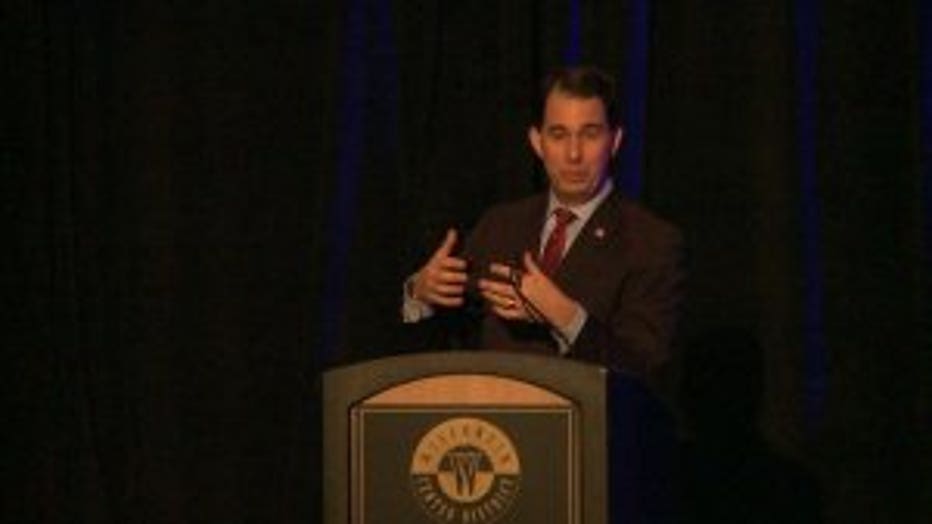
Scott Walker
MADISON — Gov. Scott Walker signed two executive orders to fight opioid abuse on Friday, Jan 19.
During an education convention Friday morning in Milwaukee, Governor Walker took the stage and for a moment diverted from his talking points to address one of the biggest challenges facing the state.
"We're not getting mental health treatment, particularly for our young people," said Walker. "Sometimes that self medication becomes looking to opioids."
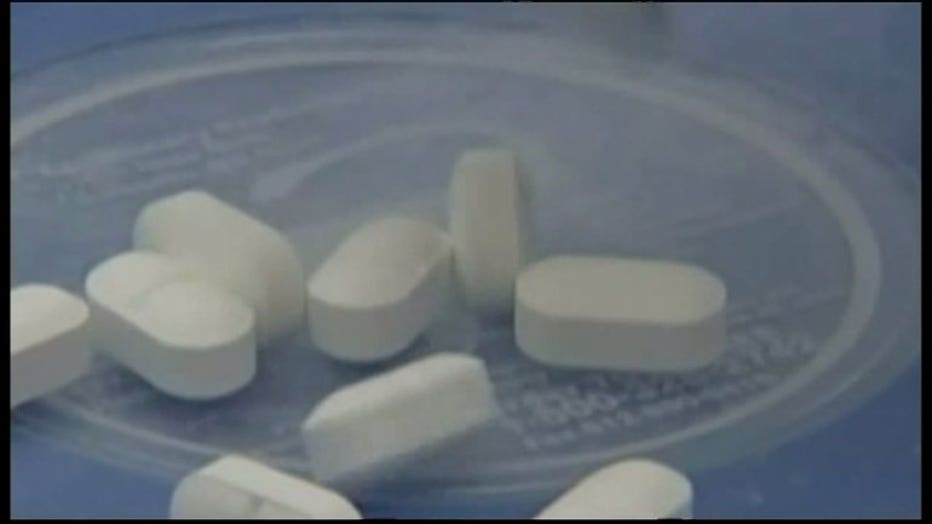
According to the Department of Health and Services, in 2016, 827 people died in Wisconsin from opioid abuse. From the year 2000 to 2016, the number of deaths due to opioids has increased 600 percent from 81 to 568.
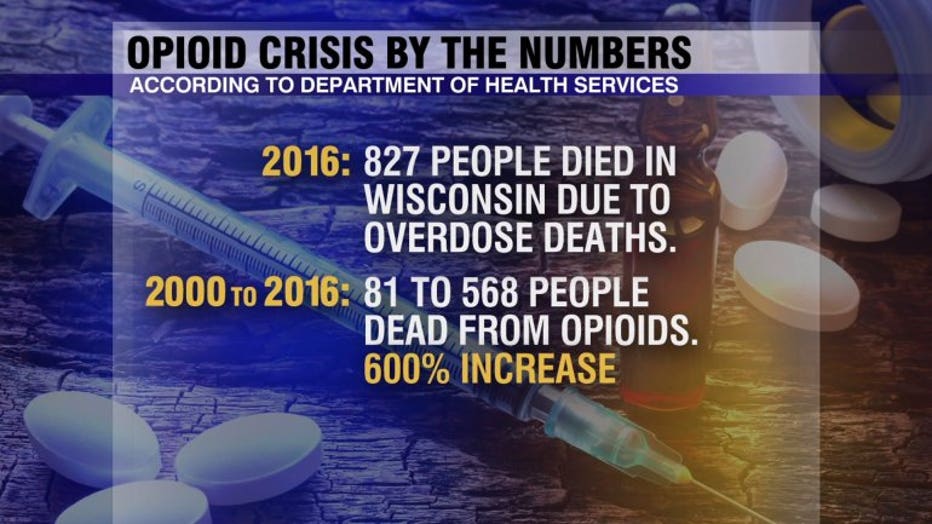
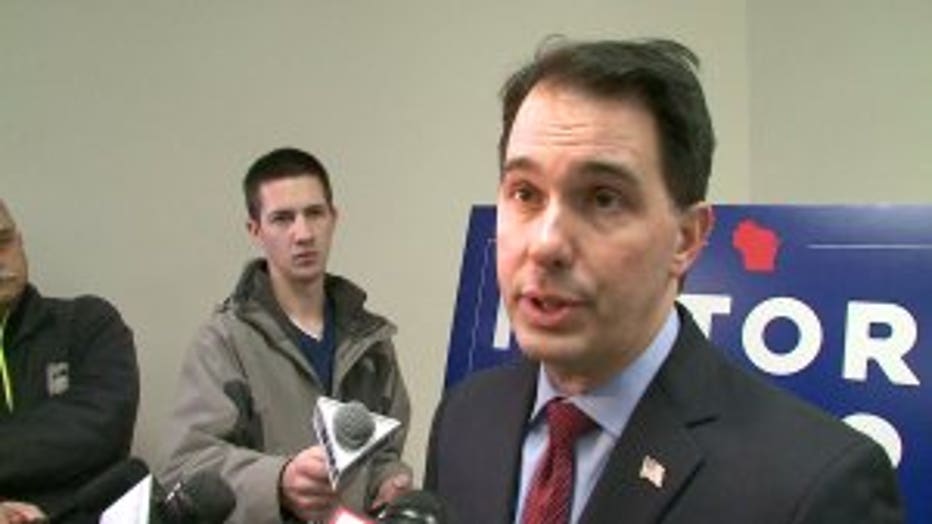
Scott Walker
"Some certain parts of the state heroin, a big issue all over the state, but for example in the western part of the state, meth is increasingly a big issue -- and we want to make sure we've got the focus we need to help people with those addiction," Walker said.
Friday, Walker signed two executive orders addressing this:
One order would create the Governor's Commission on Substance Abuse Treatment Delivery. The commission would include the co-chairs of the Governor's Task Force on Opioid Abuse or their designees as well as representatives from the health care industry.
The panel would study the feasibility of regional resource centers for addiction treatment and deliver recommendations by Nov. 30.
The other order would require the state Department of Health Services to create the Governor's Faith-Based Summit on Opioids for pastors and priests; develop best practices for police and emergency workers responding to overdoses and develop statewide standards for data submission on people seeking addiction treatment.
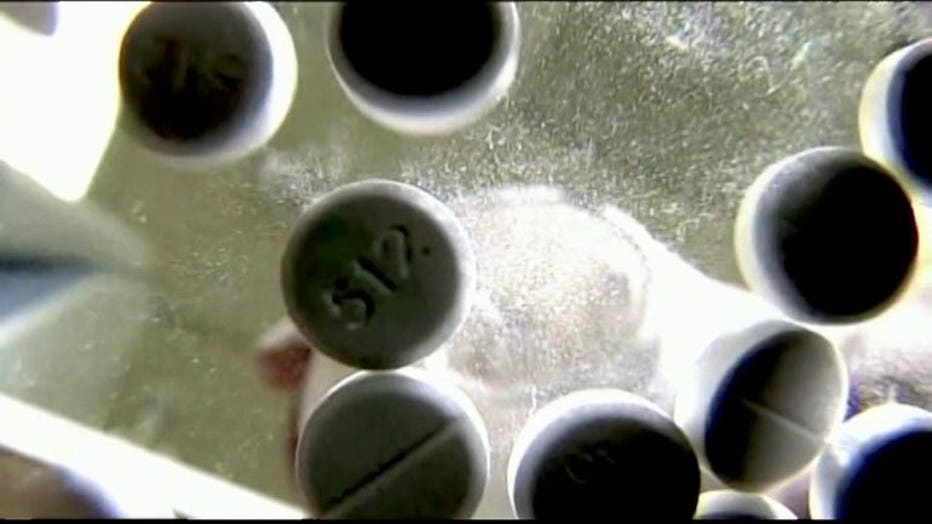
"I think it's a start but just like the city's initiative it's on paper and you said it publicly but show us by action," said Rafael Mercado, MKE Heroin Diaries.
MKE Heroin Diaries, and Rafael Mercado, are the boots on the ground when it comes to combating heroin. He says they're concerned these measures won't do enough to help groups like his.
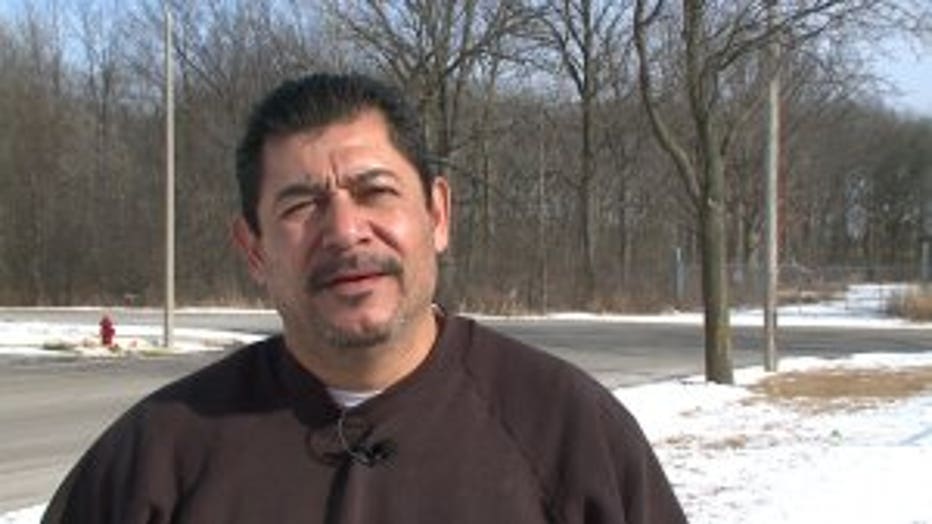
Rafael Mercado
"What's really going to happen today for the people who are going to overdose today, tomorrow, and the next day?" said Mercado.
Measures signed Friday will be tested tomorrow; more still needs to be done in the fight against addiction.
Governor Walker added that he's been a part of 28 pieces of bipartisan bills targeting the opioid crisis in Wisconsin. During Wednesday's State of the State address, he looks to elaborate more on ways to combat this problem.

